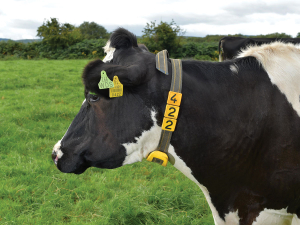Primary Industries Minister Nathan Guy has welcomed the New Zealand Horticulture Export Authority Amendment Bill passing its third reading in Parliament on Tuesday.
“Horticulture is now New Zealand’s fourth largest export industry and this bill provides an improved framework for producers and exporters to collaborate in marketing their products,” says Guy.
“The changes provide more clarity around the entry and exit requirements, and more efficient methods for the authority to collect fees and levies from producers and exporters.
“Growers and exporters of horticultural products like avocados, summerfruit and buttercup squash will be able to better target their marketing strategies to different markets.
“It’s about choice and empowering industries to optimise their returns from different markets.
“The global market has changed a lot since 1987 and these changes have been made following consultation with the New Zealand Horticulture Export Authority and the nine product groups which use this export framework.
“Horticulture is a star performer of the New Zealand economy with export revenue just under $5 billion, and a goal of becoming a $10 billion industry by 2020.
“It’s very fitting for this bill to be passed just a week after Horticulture New Zealand celebrated 100 years of representing growers, starting as the New Zealand Fruitgrowers Federation in 1916.
“I want to thank the members of the Primary Production Select Committee for their work on this bill, and the good suggestions made by industry as it has made its way through Parliament.”











